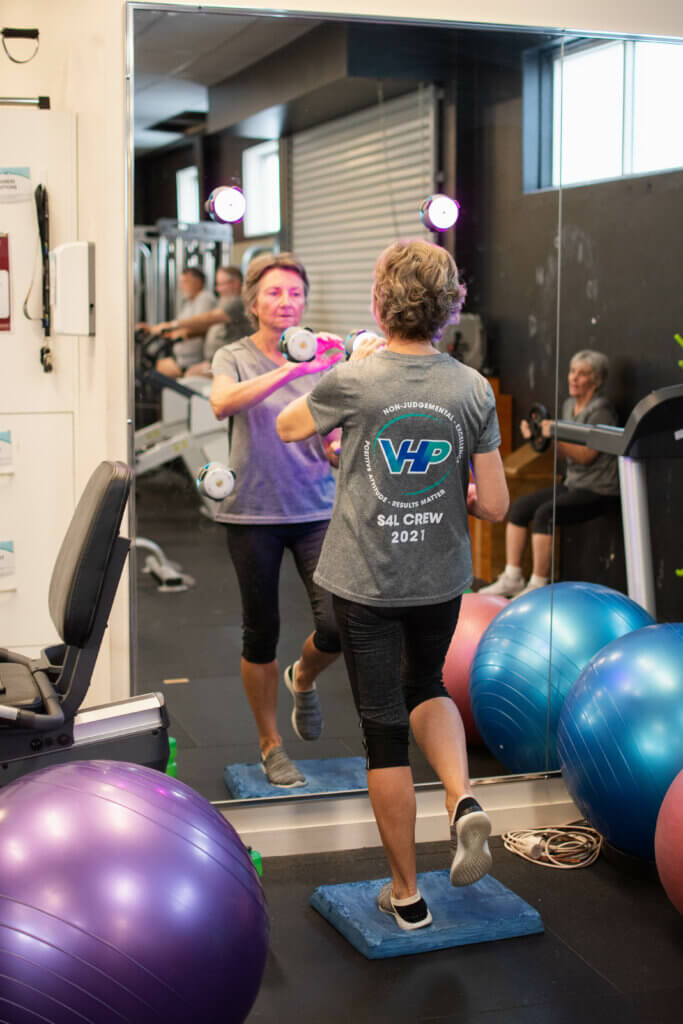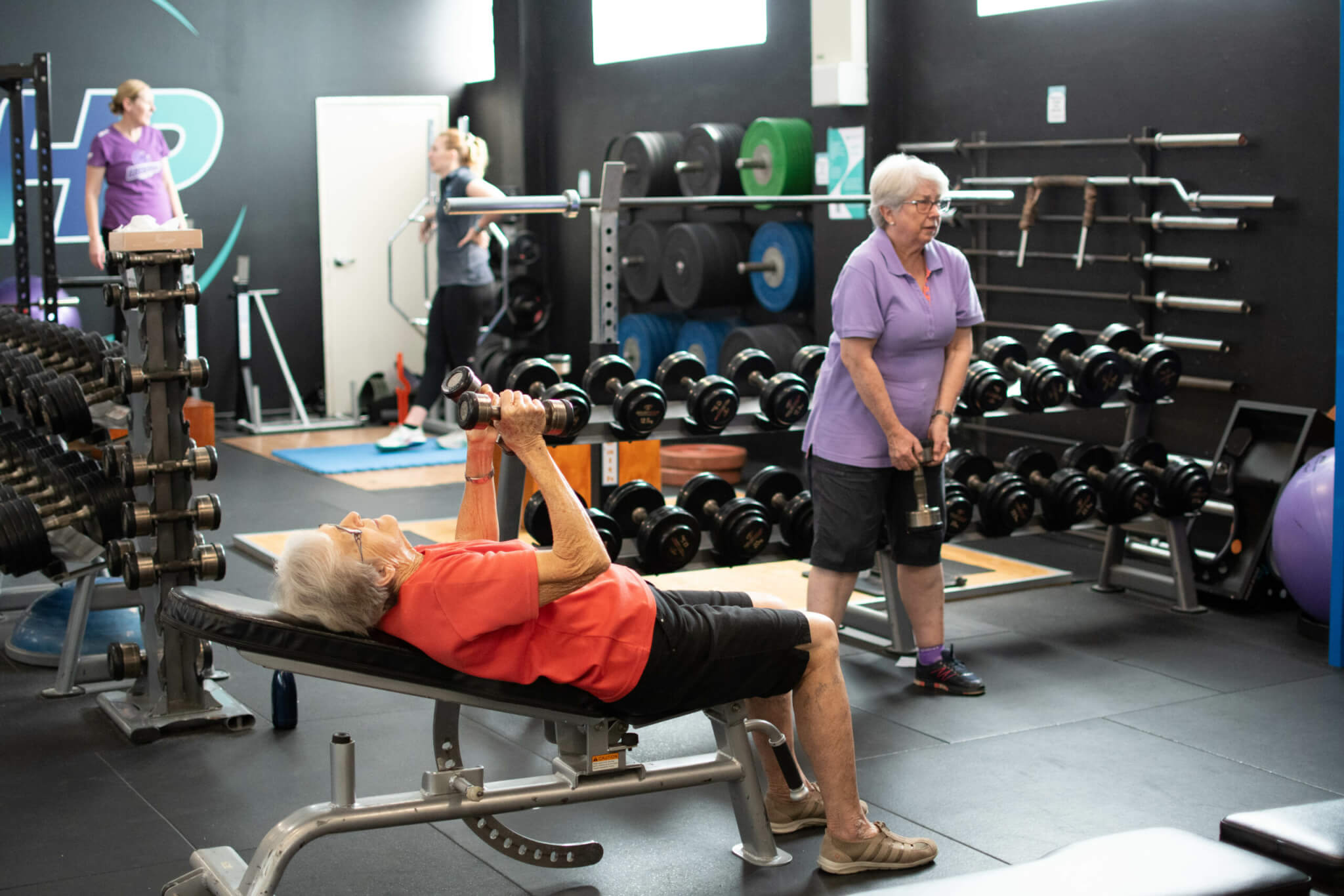To unpack all of this in one blog post is pretty tough, but I am going to give it a red-hot effort. Some of this is based on my experience coaching, some based on research, and some is based on what I like to refer as common sense, that comes from both research and experience.
Firstly, do you get weaker as you get older? I would like to answer that question with a statement, “If you stop using muscles in general, then your brain will decide that you do not need to produce as much force as you could so therefore you will experience an adaptation of a negative slide in strength or force output.”
So, in answer to that question… yes as you age you will get weaker IF you do not keep challenging your body.
The concept of fitness is to overcome necessary physical challenges. Can you overcome a necessary physical challenge that is placed in front of you right now? For example, if someone was to steal something from you, and you really need what they stole, how confident are you of chasing that person down, and obtaining that item back from them in a physical contest?
OR, you are in a car accident, you need to go for help. People are relying on you? How confident are you of getting 10km away on foot within 70 minutes?
So, why do people either never start trying to be stronger/fitter OR why do they stop trying? This is a question that is being asked in many different ways in a lot of research projects. One such study was by Teixeira et al (2012) who reviewed exercise, physical activity and the self-determination theory. The Self-Determination theory is a complex theory that covers human behaviour and motivation. The theory would state that intrinsic motivation is more powerful than extrinsic motivation especially to exercise.


Reference: Teixeira PJ, Carraça EV, Markland D, Silva MN, Ryan RM. Exercise, physical activity, and self-determination theory: a systematic review. Int J Behav Nutr Phys Act. 2012 Jun 22; 9:78. doi: 10.1186/1479-5868-9-78. PMID: 22726453; PMCID: PMC3441783.
